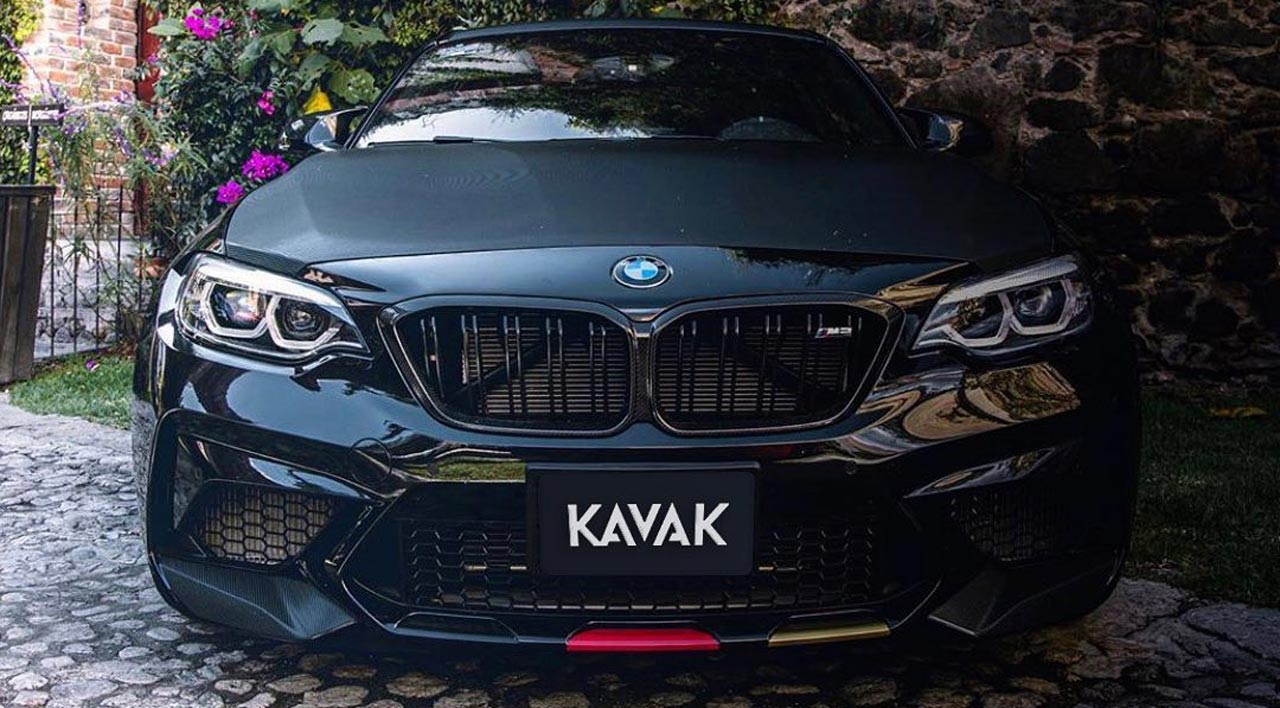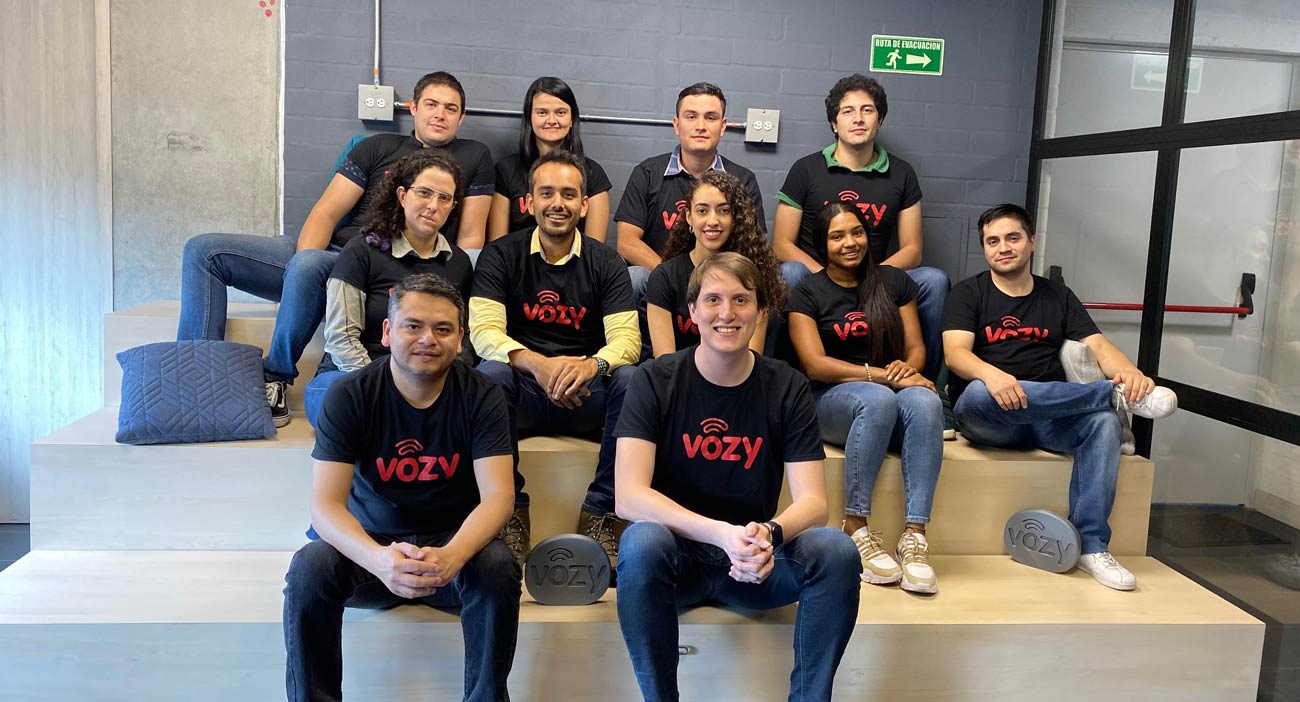Contxto – Mobility is one of the biggest challenges within the Latin American region. Before the Covid-19 outbreak, in Bogotá alone, Colombians completed a total of 13.36 million trips per day. The majority moving about via public transport (36 percent) and then by car (16 percent) or motorcycle (5 percent).
But with the coronavirus pandemic, public transport becomes a risk for spreading the disease. Factor in air pollution and CO2 emissions and residents are concerned that gas-powered travel may not be the best alternative.
So two startups from Colombia are supercharging mobility in Bogotá with electricity-powered alternatives.
[wd_hustle id=”InArticleOptin” type=”embedded”/]
The name game in mobility
But before we dive further into it, a quick name clarification (you’ll thank me for it later):
Spain-based MOVO is a subsidiary under Maxi Mobility which also happens to own ride-sharing platform, Cabify. MOVO focuses on electric scooters, bikes, and motorcycles. It launched into Colombia last year but was forced to change its name to “VOOM.” (I see what you did there, Tom Marvolo Riddle.)
Evidently, the government determined it could not be called MOVO because it sounded far too similar to the already-established Colombian MUVO who is also in the e-mobility business. The use of all-caps for its names must have been equally confusing for everyone.
There. Now, onto the actual news.
MOVO puts the moves on MUVO
This week, MOVO/VOOM invested an undisclosed amount in mobility startup MUVO. The Colombian startup had closed US$2 million with Auteco Mobility in April of this year.
It would appear MOVO wants in on the e-mobility market through the local player’s fleet of electric bikes. Especially since the government in Bogotá has paved around 117 km (~73 miles) worth of bikeways.
With people exploring alternative means of transportation as Colombia enters the new normal, the pair want to be ready.
E-taxis on the streets of Colombia
Enel X, another mobility startup from Colombia, is also working to increase the number of authorized electric taxis in Bogotá. Of the 55,000 taxis working in the capital, only 42 are electric vehicles.
As a result, Enel X’s Director, Mauricio Miranda is lobbying the local government to allow for more battery-powered taxis to operate. He says the startup already helped by setting up infrastructure like charging stations throughout the city.
However, Miranda argues that all parties, governments and companies alike, need to work together to build a greener, more innovative city.
But let’s not forget that battery waste—whether for e-bikes or cars—is a major risk to our environment and is another challenge officials and startups must also address.
Related articles: Tech and startups from Colombia!
-ML






